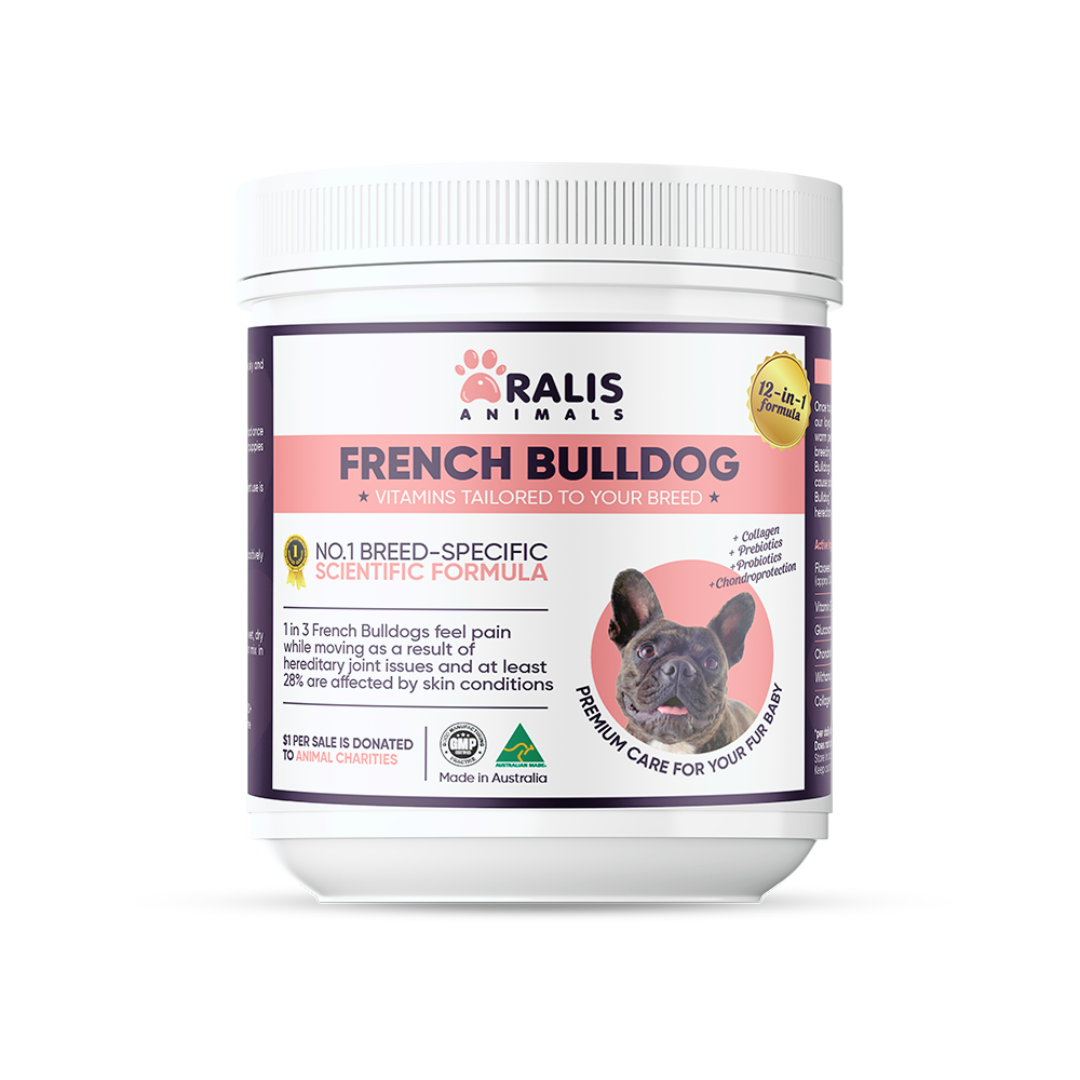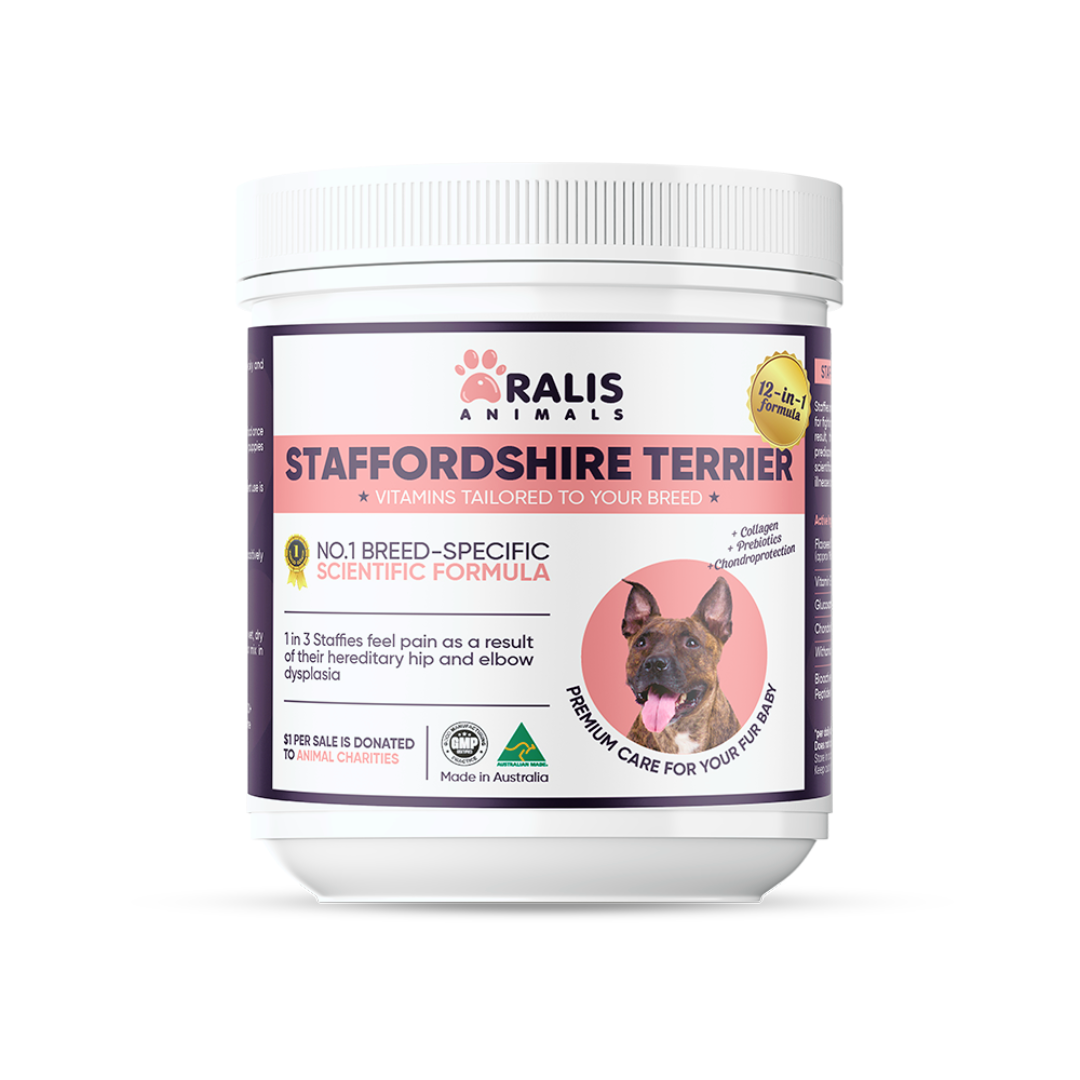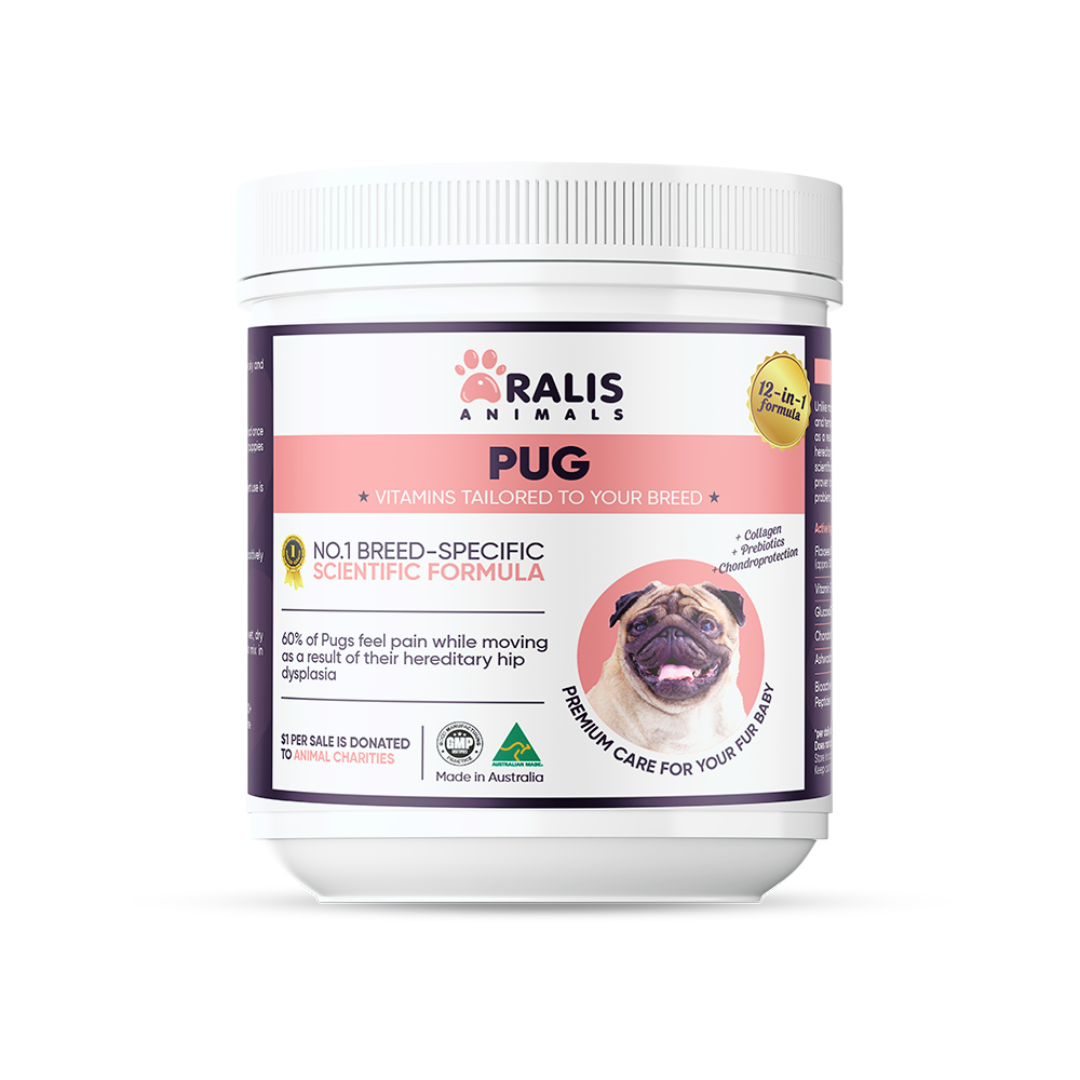Dog Separation Anxiety: Natural Treatments and Daily Support Supplements

As a devoted pet parent, you've likely encountered the heartbreaking challenge of separation anxiety in your canine companion. This common behavioral issue can be distressing for both you and your furry friend, but with the right approach, you can help your dog overcome their fears and enjoy a more peaceful, confident life.
Understanding Dog Separation Anxiety
Separation anxiety is a condition in which dogs experience intense distress when separated from their owners or primary caregivers. This can manifest in a variety of behaviors, from excessive barking and destructive chewing to inappropriate elimination and even self-harm. The root cause of separation anxiety often lies in a dog's deep attachment to their human family and their fear of being left alone.
The impact of separation anxiety can be far-reaching, affecting both the dog's well-being and the owner's quality of life. Anxious dogs may become disruptive, causing damage to the home and potentially harming themselves in their distress. Owners, in turn, may struggle with feelings of guilt, frustration, and helplessness as they try to manage their pet's anxiety.
Addressing separation anxiety is crucial not only for your dog's mental and physical health but also for maintaining a harmonious relationship between you and your beloved pet. By understanding the symptoms and exploring natural treatment options, you can help your dog overcome their fears and enjoy a more fulfilling, anxiety-free life.
Recognizing Separation Anxiety Symptoms
The first step in managing separation anxiety is to recognize the signs and symptoms. These can include:
Behavioral Signs
- Excessive barking, whining, or howling
- Destructive chewing or scratching, often focused on doors and windows
- Attempts to escape the confinement area
- Pacing or restlessness
Emotional Indicators
- Excessive drooling or panting
- Trembling or shaking
- Cowering or hiding
- Refusing to eat or drink
Physical Manifestations
- Inappropriate urination or defecation
- Vomiting or diarrhea
- Excessive self-grooming or licking
If you notice these behaviors occurring when you leave your dog alone, it's likely that they are experiencing separation anxiety. Understanding the specific symptoms can help you tailor your approach to better support your pet's needs.
Natural Treatment Approaches
Fortunately, there are several natural treatment options that can help alleviate your dog's separation anxiety. These approaches focus on addressing the underlying causes of the issue and empowering your pet to feel more secure and confident when you're not around.
Behavioral Modification Techniques
One of the most effective natural treatments for separation anxiety is behavioral modification. This involves gradually exposing your dog to short periods of alone time, gradually increasing the duration over time. This helps your pet learn that being alone is not a cause for panic and that you will always return. Positive reinforcement, such as treats and praise, can reinforce this learning process.
Environmental Enrichment Strategies
Creating a comfortable, stimulating environment for your dog can also help alleviate separation anxiety. This may include providing interactive toys, puzzle feeders, or calming music to keep your pet engaged and distracted during your absence. Establishing a consistent routine and providing a designated "safe space" can also help your dog feel more secure.
Training Methods
Specialized training techniques, such as the "Relax on a Mat" or "Crate Training" methods, can teach your dog to self-soothe and remain calm when left alone. These approaches involve gradually acclimating your pet to being in a specific location or container, with positive reinforcement to encourage the desired behavior.
Daily Support Supplements
In addition to behavioral and environmental interventions, natural supplements can provide valuable daily support for dogs struggling with separation anxiety. These supplements often contain a blend of calming ingredients that can help promote relaxation and reduce stress.
Types of Natural Supplements
Some common natural supplements for separation anxiety include chamomile, valerian root, L-theanine, and melatonin. These ingredients work to support your dog's nervous system and promote a sense of calm and well-being.
How Supplements Work
These natural supplements can help regulate neurotransmitters in the brain, such as serotonin and GABA, which play a crucial role in managing anxiety and stress. By providing a consistent, daily dose of these calming compounds, you can help your dog feel more relaxed and better equipped to cope with the challenges of separation.
At Aralis Animals, our breed-specific multivitamin is designed with ingredients like Withania somnifera (Ashwagandha) for relaxation and L-carnitine for stress support, plus probiotics to nurture gut health which is closely linked to mood balance. Click here to explore our formula for anxious pups.
Recommended Ingredients
When selecting a natural supplement for your dog's separation anxiety, look for products that contain a combination of the following ingredients:
- Chamomile: Known for its soothing and anti-anxiety properties
- Valerian root: Helps promote relaxation and reduce stress
- L-theanine: An amino acid that can help calm the nervous system
- Melatonin: Supports healthy sleep patterns and reduces anxiety
- Omega-3 fatty acids: Provide anti-inflammatory benefits and support brain health
Strategies for Different Dog Ages
Separation anxiety can affect dogs of all ages, from puppies to seniors, and the approach may need to be tailored accordingly.
Puppy Separation Anxiety
Puppies are particularly vulnerable to separation anxiety, as they are still developing their attachment to their owners. Early socialization, gradual exposure to alone time, and positive reinforcement can be especially effective in addressing puppy separation anxiety.
Adult Dog Interventions
For adult dogs, a combination of behavioral modification, environmental enrichment, and daily support supplements may be necessary to help them overcome their anxiety. Patience and consistency are key, as it may take time for your dog to learn new coping mechanisms.
Senior Dog Considerations
As dogs age, they may become more prone to separation anxiety due to cognitive decline or changes in their routine. In these cases, a gentle, compassionate approach that considers your senior dog's unique needs is essential. Consulting with a veterinarian can help you develop a tailored plan to support your older pet.
When to Seek Professional Help
While natural treatments can be highly effective in managing separation anxiety, there may be instances where seeking professional assistance is advisable. If your dog's anxiety is severe, causing significant distress or harm, or if you're unsure of the best course of action, consider consulting with a veterinarian or a certified animal behaviorist.
These experts can help you assess the severity of your dog's condition, rule out any underlying medical issues, and develop a comprehensive treatment plan that combines behavioral modification, environmental management, and, if necessary, medication.
Conclusion
Separation anxiety in dogs can be a challenging issue, but with the right approach, you can help your furry friend overcome their fears and enjoy a more peaceful, confident life. By combining natural treatments, daily support supplements, and professional guidance when needed, you can create a holistic plan to address the root causes of your dog's anxiety and empower them to feel secure and content, even when you're not by their side.
Remember, every dog is unique, and what works for one may not work for another. Be patient, persistent, and open to trying different strategies until you find the right solution for your beloved companion. With time, consistency, and a little TLC, you can help your dog conquer their separation anxiety and strengthen the bond you share.





